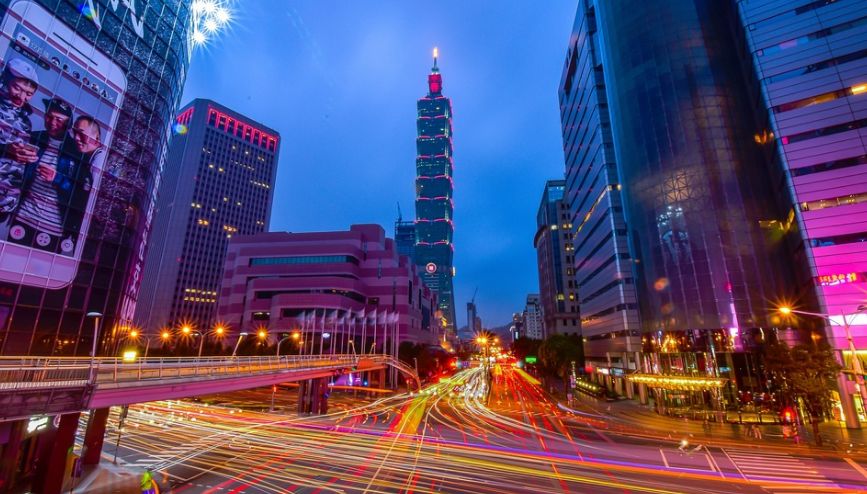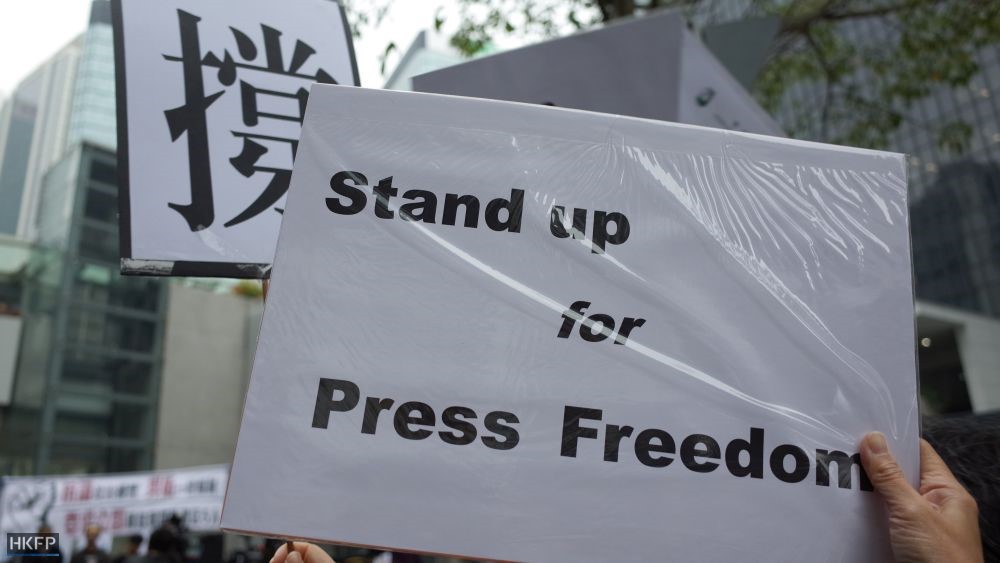In recent years, Taiwan has been plagued with problems ranging from a stagnant economy to growing threats from China. Internationally, its position seems precarious. But lately, there seem to be a few bright spots on the horizon.
Taiwan found itself in the media spotlight in mid-April when The New York Times lauded it as Asia’s bastion of media freedom, replacing Hong Kong whose political and media climate continues to recede under Chinese influence. While Taiwan’s media industry has been more open and freewheeling than Hong Kong for many years, the disparity is especially stark now.
The island also saw positive news on the tech front after Microsoft, Google and IBM all announced plans earlier this year to increase R&D in Taiwan by training local talent and setting up research centers.

Taiwan’s potential as a tech hub stems from key strengths such as a strong local tech industry, a deep talent pool, and relatively low wages. Taiwan already boasts a number of tech giants like TSMC, Quanta, Acer, and HTC. Taiwanese companies dominate the global semiconductor industry, with TSMC, the world’s largest semiconductor foundry, providing the majority of chips used in Apple phones, among others.
But aside from tech factors, Taiwan also has political advantages. There is a growing backlash in the US and globally against China over various unfair and illegal protectionist actions, which has seen the announcement of heavy tariffs. While tech is one area in which China has become a powerhouse, the fact that its internet is heavily restricted and censored, and that foreign tech firms are subject to protectionist measures means data security and integrity is a significant risk. Meanwhile, intellectual property violations are also widespread in China and the lack of rule of law and independent courts mean the law is stacked against foreign companies. Foreign companies face significantly less risk in these areas in Taiwan, which has proper rule of law, independent courts, and of course, a relatively free media environment.
Taiwan’s media atmosphere compares favorably with not just China and Hong Kong, but Asia in general. It was the top-ranked country in Asia on the 2018 World Press Freedom Index put out by Reporters without Borders. Ranked 42nd, it was 134 places ahead of China which languished near the bottom at number 176. Hong Kong, meanwhile, was ranked 70th.

As such, it wasn’t surprising that Reporters without Borders specifically chose Taiwan over Hong Kong for its regional bureau. The media in Hong Kong faces growing restrictions, including physical attacks on reporters and self-imposed censorship for fear of offending China. Besides media, this fear of censorship has spread to other areas like books and films. The Times article also mentioned the Hong Kong Human Rights Film Festival which will be held this year in Taiwan, and the relocation of a Hong Kong bookstore that sold controversial China books. Lam Wing-kee was one of five partners of the Causeway Bay Bookstore who were abducted by Chinese agents in 2016, in Hong Kong, China and Thailand, and then held for months without any contact with the outside world. The bookstore has since closed and Lam has said he will reopen it in Taiwan.
Taiwan stands out in the region and Asia, not just for media freedoms, but also human rights. When it comes to political freedom, religious freedom, gay rights, and animal rights, the island state is renowned for being progressive, especially when many neighboring countries are clamping down on these freedoms. This includes China, which claims Taiwan and frequently uses threats such as military exercises to intimidate the smaller state.
Of course, there is still a lot of room for Taiwan to improve in these areas.

For instance, its media scene is a little too fragmented such as a wide assortment of TV news channels broadcasting 24-hour news. Considering Taiwan’s population is only 23 million, one can ask whether there is a need for multiple local news channels. The fierce competition results in less quality, investigative journalism and more tabloid-style reporting. This is a pity since Taiwan’s open political climate and media freedoms should be ideal for in-depth reporting.
In tech, local companies have lagged in marketing and branding, which is a factor for once leading hardware brands like HTC and Acer falling behind Chinese and other international competitors. Even in semiconductors, Taiwanese firms are facing growing competition from Chinese companies which have benefited from growing Chinese government funding. Taiwanese firms traditionally were strong in hardware, especially OEM, but this came at a cost of focusing less on software and services. This is why the increased R&D cooperation with Google and Microsoft in fields like artificial intelligence will be vital. The more Taiwan diversifies its tech focus, the more it can boost its economy and tech capabilities.
While Taiwan still faces tough challenges, these promising moves prove that it is much too early to write it off.
